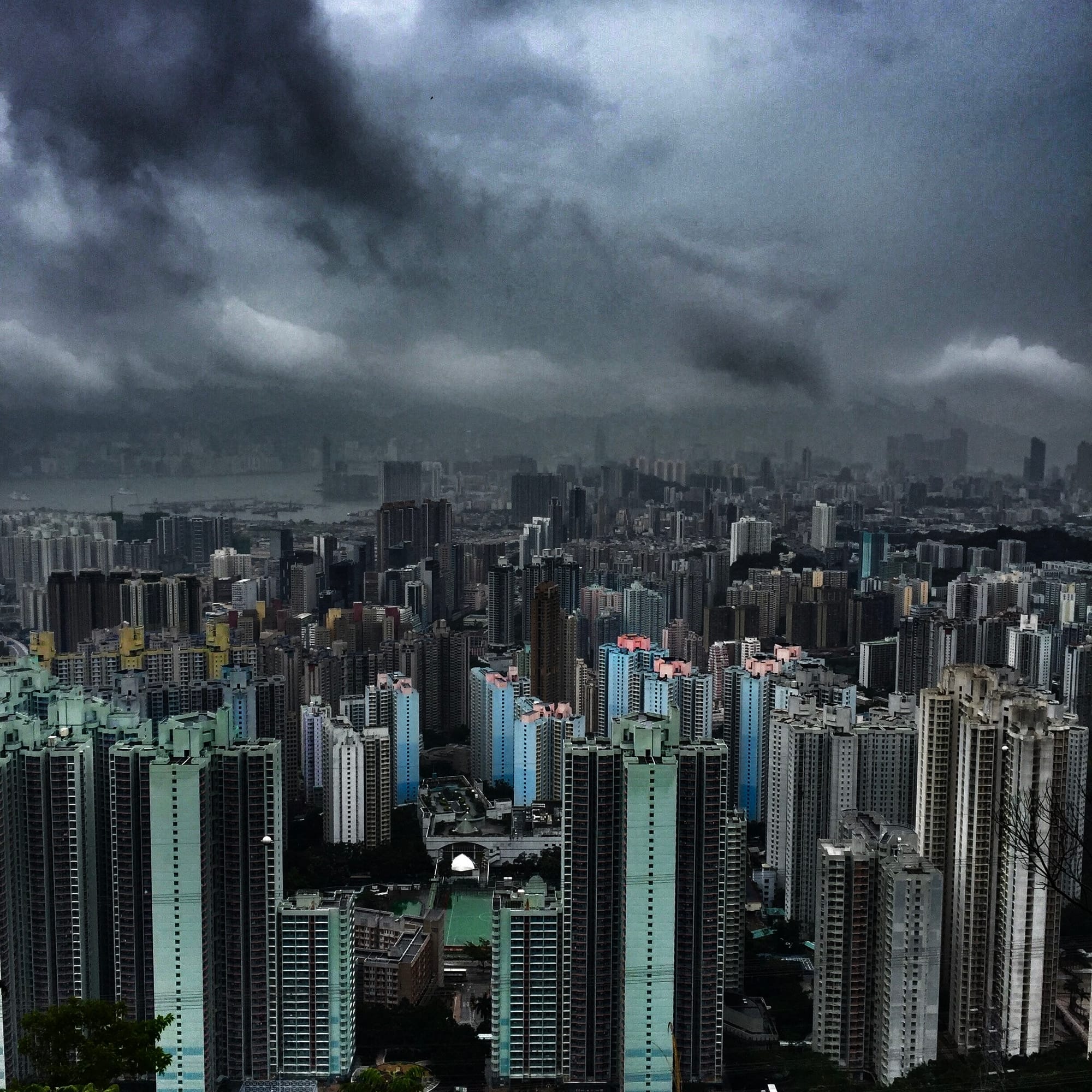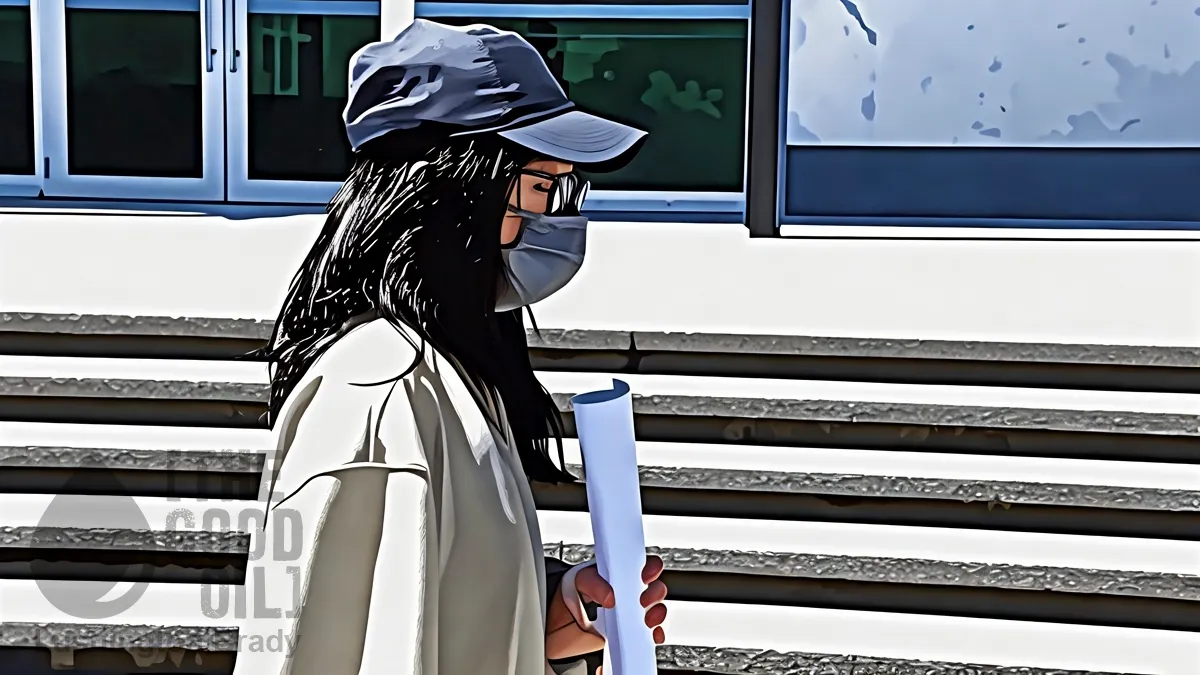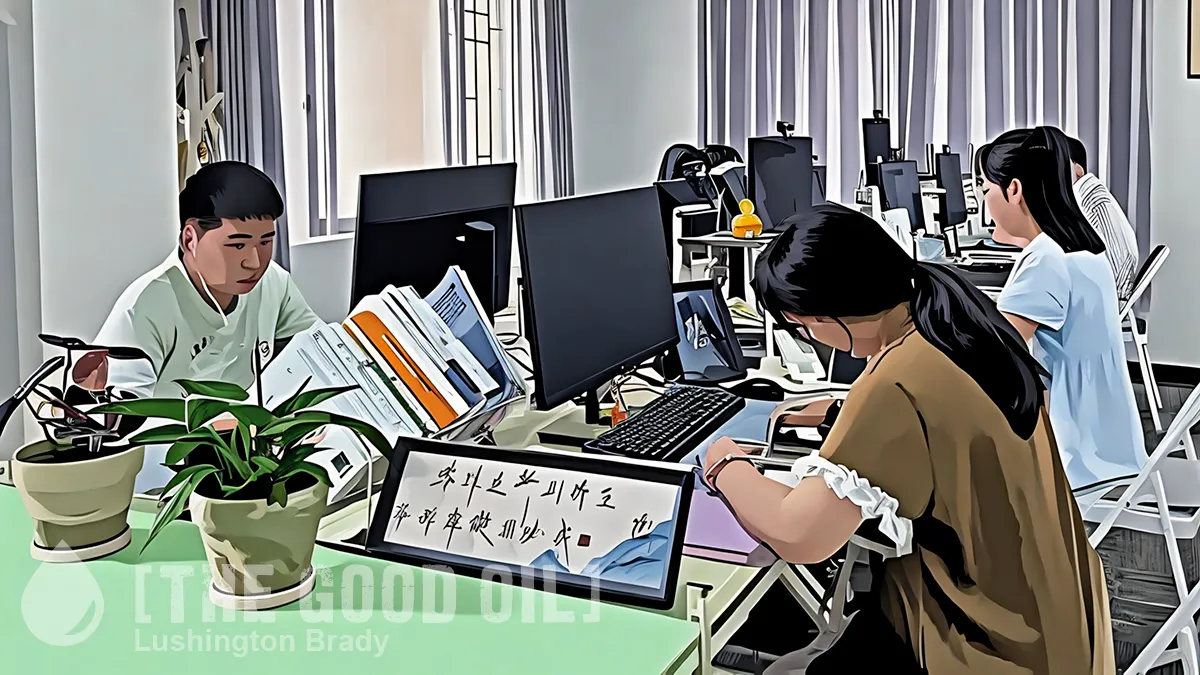Table of Contents
Vera Stanton
Nowhere else in the world has the zeal for ZeroCovid taken a more dystopian bent than in China and, by extension, Hong Kong. The once-international financial centre of more than 7 million has been cut off from the entire world – including mainland China and neighbouring SAR Macau.
The 1,106 km² territory has existed in a tiny bubble for the past 18 months while the increasingly paranoid authorities in Beijing play an increasingly unhinged game of whack-a-mole with Covid. Hong Kong has had no choice but to follow this rapidly failing strategy, which lurches the city from one absurdity to the next.
In mid-January, a woman working at a pet store tested positive for the Delta variant. Unable to find any link with existing cases, the health authorities tested the pets sold in the shop. In what would be the first case in the world of its kind, authorities announced that the woman must have been infected by foreign hamsters imported from the Netherlands.
In response, the government appealed to hamster owners to hand their furry friends over to the Agriculture Fisheries and Conservation Department for ‘humane euthanasia’. ‘Hamstergate’ caused outrage and disbelief amongst residents, many of whom were concerned that authorities might come for their beloved cats and dogs next.
A week later, Omicron infections began emerging at one of the city’s enormous housing estates. Kwai Chung Estate, which consists of 16 high rise towers housing around 35,000 residents in tiny flats, is typical of public housing in Hong Kong. The outbreak began after a woman was infected during the city’s excessive 21-day hotel quarantine – a scenario that had already been predicted by some of the city’s leading epidemiologists.
Upon discovering an exponential rise in infections, authorities responded by locking down three of the estate’s towers for up to 7 days. What ensued next was nothing less than a complete failure of the top-down authoritarian ZeroCovid approach and it highlighted just how the city’s poor are bearing the largest burden of this strategy.
Residents’ meals were not delivered on time. With all the estates’ cleaners sent to quarantine, garbage rapidly piled up inside the buildings and began to rot. Families could not enter the estate to help their elderly or disabled relatives. Residents – many of whom are in unstable and minimum wage jobs – complained that they were forced to take unpaid leave or, in some cases, even lost their jobs.
Residents reported being crammed into crowded lifts and lobbies with potentially infected residents to attend compulsory testing. A few days into the lockdown, a man was rescued from the roof of a locked-down building after threatening to jump.
The problems were exacerbated by the dismantling of district governance after Beijing’s overhaul of Hong Kong’s electoral system. With one of the original elected councillors behind bars and the other forced to resign, residents said they no longer had any channels through which to convey their needs. To make matters worse, local neighbourhood mutual aid committees had already been disbanded by orders from the government.
With grassroots leadership banished, all the estate residents had to rely on was the government’s pencil-pushing bureaucrats – who had clearly failed to grasp the needs of the most vulnerable residents.
Hong Kong is under the edict of the Motherland to pursue ZeroCovid at all costs, however the city lacks the large scale central planning capabilities and resources to pull it off. In one of the most crowded cities on the planet, trying to contain Covid has become a lose-lose proposition for authorities.
While calls for sweeping China-style lockdowns to control Omicron have been made from the pro-Beijing camp, the Kwai Chung Estate debacle highlighted all the messy drawbacks of this authoritarian solution.
Wider lockdowns could result in people going hungry, cut off access to medical treatment for the sick and elderly and create an unhygienic environment that would encourage the spread of other diseases. Mental health would certainly disintegrate, risking an unprecedented increase in violence, substance abuse and suicides. Perhaps most worrying for the authorities, it could trigger large-scale civil unrest.
If the lockdown of only a handful of the city’s thousands of towers placed a strain on the government’s resources and capabilities the way Kwai Chung Estate did, then the ZeroCovid strategy in Hong Kong is right on the precipice of collapsing completely and finally.










